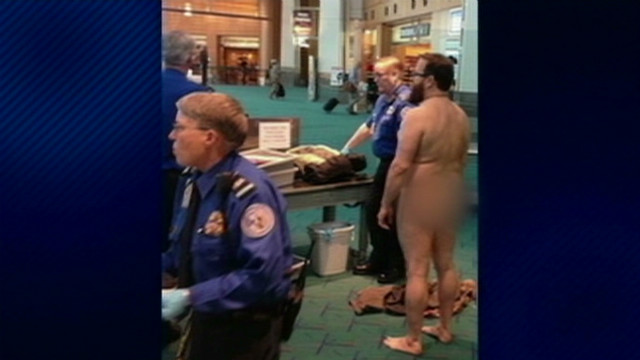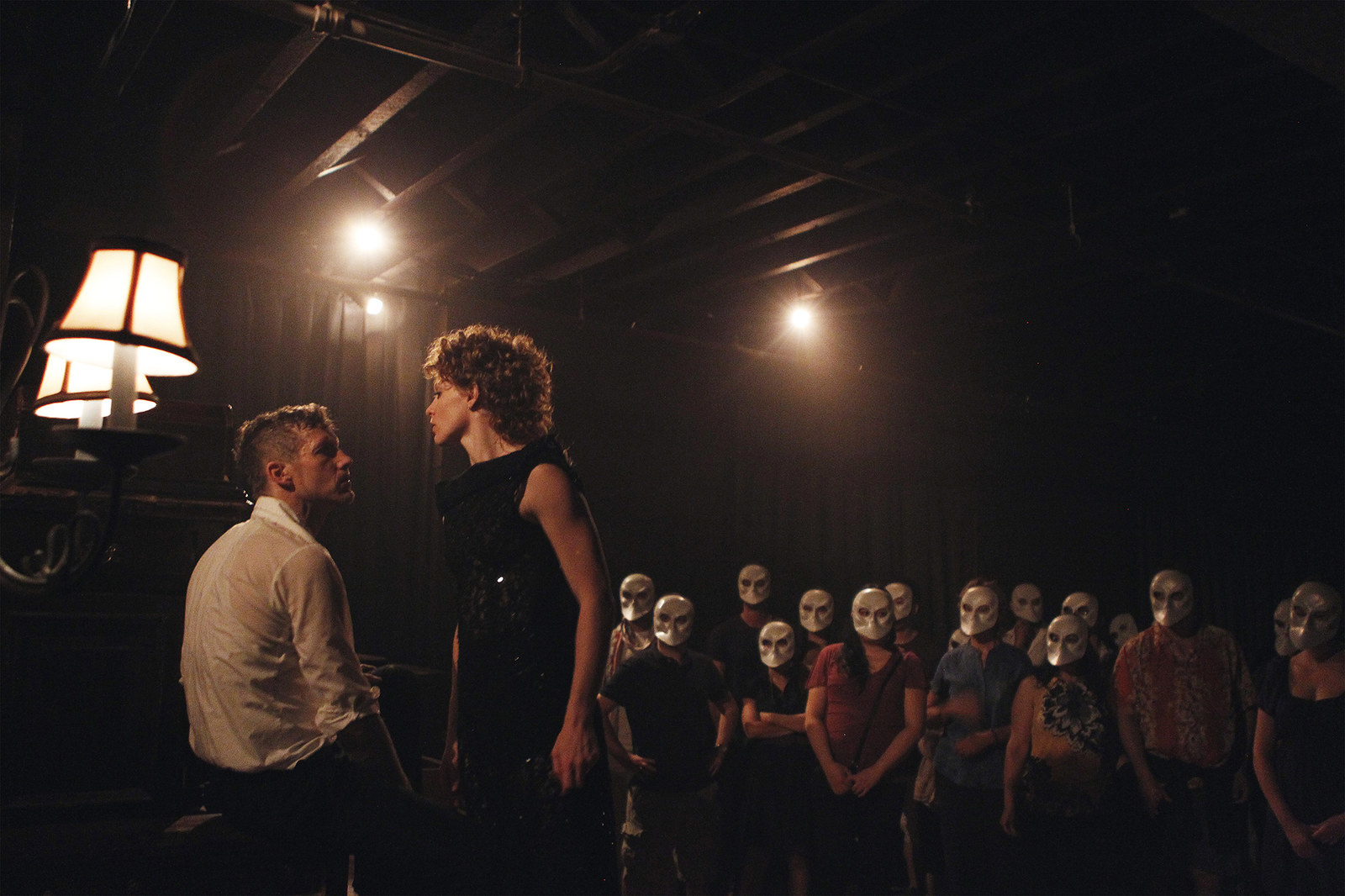
I stayed behind to read the letter, from Malcolm to Macduff.Īha! This was Macbeth, the “Scottish Play” I vaguely remembered from high school English. When the gentleman got up to leave, his swift gait made most of the others run after him. Several patrons in white masks leaned in to watch him write. Should I answer it?īut then a gentleman entered the office, picked up the phone, and began writing a letter with hurricane intensity. Here in the office, I sorted through files and tested the temperature of a cup of tea. The walls of the detective agency were lined with all sorts of envelopes, from floor to ceiling. My dad, who loves collections as a decorating strategy, would have dug all the clocks, scissors, and neatly arranged artifacts. In the tailor’s shop, my eyes adjusted to the dark to identify wooden thimble cases, one after the other, along the entire wall space. The environment had an obsessive compulsive focus, but I couldn’t put my finger on the theme.

One floor down, I was starting to wonder if I was in a well-known play. When a nurse passed me, I thought I would jump out of my skin. In another room, I found an antique case filled with meticulously displayed teeth. One was filled with water all the way to the top. The next room featured several institutional bathtubs. These details, surgically precise, unsettled me. Like other white-masked people in the scene, I peered through nightstands, where I found flower petals in one and pencil shavings in another. So I started entering rooms, the first being a bedroom with several hospital beds. I tried to turn back, but the doors closed, leaving me in a dim hallway. When the doors opened, I stepped out in the darkness, suddenly realizing the rest of the group was still on the elevator. As we began to move, the attendant reminded us of the rules and told us, “This experience rewards the bold.”

“Oh, and do be careful.,” Hazel warned, flirting with the attendant. What the? We were not to talk for the next three hours, and we were to keep a respectable distance from “the hotel’s residents,” for their safety as well as ours. Inside the freight elevator, a Southern belle named Hazel asked that we wear white plastic masks, similar to the long-nosed numbers favored by medieval doctors during the bubonic plague. Then a very, very tall man in a tuxedo stepped up to a torpedo-shaped microphone to announce “room key numbers.” These numbers on playing cards told us when we could ride the elevator to the “inside,” into five floors of voyeuristic drama. “Only in your stomach,” she cooed, gurgly as a Hitchcock blonde. “Can I take my drink into the show?” a patron asked the hostess, a beautiful Ivory soap-skinned woman in a long black dress.

With my phone secure in the coat check, I was adapting to a new normal of shadows and eerie beauty. Once I did, I noticed the bar’s over-the-top expression of 1930s film noir. It took me a moment to catch the reference to the mansion in Rebecca. I showed up to the McKittrick Hotel in my gym clothes, completely unprepared to check my belongings and enter a darkened passage into the hotel’s smoke-filled Manderley Bar. To my ears, it sounded like hipster performance art, a cheesy additive to the already crowded High Line scene of Chelsea, New York. I didn’t know much about this show that has been running since 2011. A long-time cast mate, she gets discounted rates for friends and family. Two nights ago, a fellow yoga student offered me $40 tickets to the production that can cost upwards of $300.

I am Sleep No More’s most recent addict, a future repeat customer who likes digging through drawers while humming along to scratchy renditions of A Nightingale Sang in Berkeley Square.


 0 kommentar(er)
0 kommentar(er)
